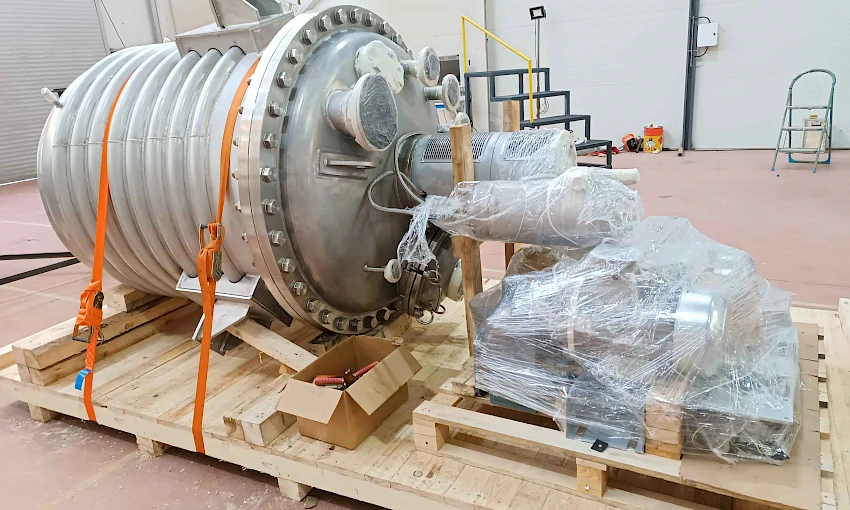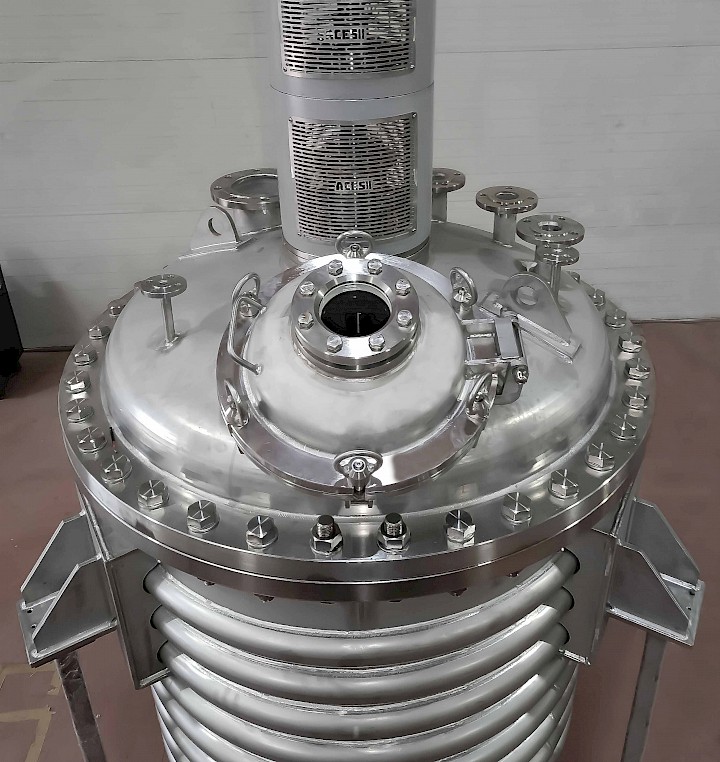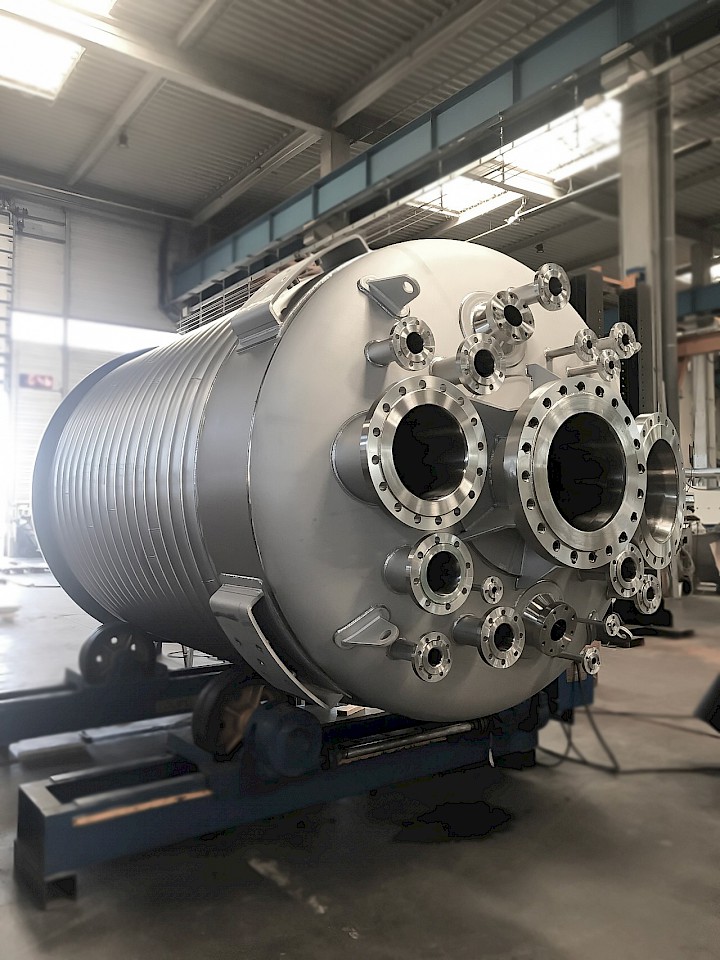
Reactor Tanks
When it comes to chemical processes, selecting the right reactor tank is crucial for ensuring efficiency, safety, and optimum performance. With a wide array of options available, it can be challenging to determine which reactor tank best suits your specific requirements. This article will guide you through the essential considerations to keep in mind when choosing a reactor tank for your chemical processes.
Key Considerations:
-
Process Requirements
-
Chemical Compatibility
-
Operating Conditions
-
Construction Material
-
Heat Transfer
-
Mixing Efficiency
-
Reactor Size
-
Ventilation and Safety
-
Cost Analysis
-
Future Scalability

Process Requirements
The first and foremost consideration when selecting a reactor tank is understanding your process requirements. This includes factors such as the type of reaction, reaction time, temperature range, pressure conditions, and desired outcome. Each chemical process is unique, and by thoroughly evaluating your process requirements, you can determine the specific features and specifications needed in a reactor tank for successful implementation.
Chemical Compatibility
Chemical compatibility is another critical factor that cannot be overlooked. Reactor tanks come into direct contact with various chemicals, and it is vital to ensure that the construction materials are compatible with the chemicals being processed. Checking for resistance to corrosion, reactions, and potential contamination is crucial to prevent any adverse effects on the chemical process or the reactor tank itself. It is advisable to consult chemical compatibility charts or seek expert advice to ensure the correct material selection.
Operating Conditions
Understanding the operating conditions is crucial for selecting a reactor tank that can withstand the required parameters. Factors such as temperature, pressure, and agitation play a significant role in determining the appropriate design and construction material. For instance, high-pressure reactions may necessitate reactors with robust construction and pressure relief mechanisms. Similarly, high temperatures may require using materials that can withstand thermal expansion and contraction without compromising structural integrity.
Construction Material
The choice of material for the construction of the reactor tank depends on various factors, including chemical compatibility, operating conditions, and cost. Common materials used in reactor tanks include stainless steel, glass-lined steel, carbon steel, and various alloy types. Each material has its advantages and limitations, and selecting the most suitable material is crucial to ensure the longevity and performance of the reactor tank. Factors such as corrosion resistance, thermal conductivity, strength, and ease of maintenance should be considered when choosing the construction material.

Heat Transfer
Heat transfer is a critical aspect of many chemical processes, and the heat transfer efficiency of the reactor tank is vital.Several factors influence heat transfer, including the design of the reactor tank, material selection, and the presence of external heating or cooling systems. Understanding the heat transfer requirements of your process and selecting a reactor tank with appropriate heat transfer capabilities can significantly enhance process efficiency and reduce energy consumption.
Mixing Efficiency
Effective mixing is essential for achieving a homogeneous mixture and ensuring reliable chemical reactions. The design of the reactor tank plays a crucial role in determining mixing efficiency. Factors such as impeller design, baffles, and agitator speed can impact mixing performance. It is essential to assess the mixing requirements of your process and select a reactor vessel that can provide the necessary agitation for optimal mixing.
Reactor Size
Choosing the right size for the reactor tank is crucial for maximizing productivity and minimizing costs. Selecting a reactor that is too small can limit production capacity, while opting for a large reactor can lead to unnecessary expenses. Evaluating your production requirements, batch sizes, and future scalability plans will help determine the ideal reactor size for your chemical processes.
Ventilation and Safety
Proper ventilation and safety measures are paramount in any chemical process. Reactor tanks should be designed to facilitate effective ventilation and prevent the accumulation of hazardous gases or vapors. Safety features such as pressure relief valves and emergency shutdown systems should be incorporated into the reactor tank design to ensure the well-being of personnel and the integrity of the process.
Cost Analysis
Cost considerations are crucial when selecting a reactor tank. While focusing on capital costs is necessary, it is equally important to consider lifecycle costs, including operation, maintenance, and potential upgrades or repairs. By conducting a comprehensive cost analysis, you can make an informed decision and choose a reactor tank that provides the best value for your investment.
Future Scalability
Finally, it is vital to consider the future scalability of your chemical processes. As your business grows and production requirements increase, the reactor tank should be able to accommodate expansions or modifications. Flexibility and adaptability are key factors to consider to ensure that the reactor tank can evolve with your changing needs.
Conclusion
Selecting the right reactor tank for your chemical processes involves careful consideration of various factors, including process requirements, chemical compatibility, operating conditions, construction material, heat transfer, mixing efficiency, reactor size, ventilation and safety, cost analysis, and future scalability. By thoroughly evaluating these considerations, you can choose a reactor tank that meets your specific needs and ensures optimum performance, efficiency, and safety in your chemical processes.














































